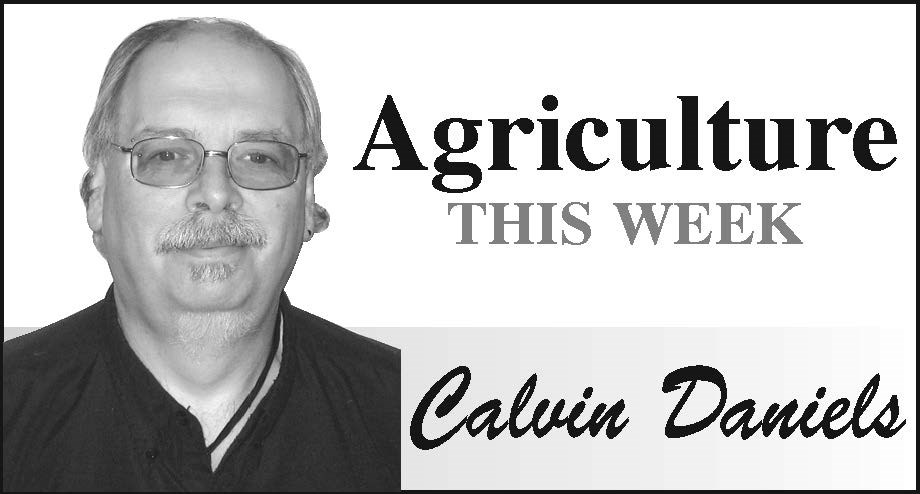John Barlow, federal Conservative Shadow Minister for Agriculture and Agri-Food visited Yorkton recently where he met with a small group of farmers.
Not surprisingly the message he was given was one of the farm sector needing help from the federal government, help they see as lacking under the current Liberal government of Justin Trudeau.
There is very little the Liberals could do that would be greeted with anything beyond derision in a region of the country that went strongly Conservative in the last election so has been largely left without a voice at the inner circle of the ruling party.
There are of course issues facing farmers today, including rail blockades which have impacted rail car movement which are critical to move Prairie grain to port for export.
Of course blockades of any type are hardly new to the farm sector which used them to good effect to stop sheriff auctions when farm foreclosures were running rampant after the sector was hit with escalating interest rate increases.
Farmers have also been known to slow highway traffic to a crawl with tractor caravans to get their message of needing help heard.
That said issues with rail movements are not new. They may not have been caused by protestors blocking rail lines, but farmers have often lamented slow movement by the two rail lines in this country.
There is the issue of access to foreign markets, in particular to China, which has been impacted by political posturing by both countries over an issue having zero to do with grain sales and access.
Certainly, this one lies at the feet of the PM, but access to international markets has long been a volatile area which has impacted farmers here. Whether Bovine spongiform encephalopathy (BSE) or the trade wars where the United States and European Union were buying sales share based on deeper federal coffers, markets have often been an issue for farmers.
Farmers at the meeting also worried about the declining number of producers, and questioned how young people can access the industry.
It is an issue, but not one related to anything current. Rural populations in dryland farming areas around the world; here, the U.S., or Australia, have been in general decline since the end of the First World War.
The decline here was of course fed in more recent times by the business decision of grain handling companies to demolish the once iconic grain elevator in favour of concrete inland terminals, and the rail lines choice to tear up branch lines.
So the issues are many, but much of what Barlow heard was not new, only reoccurring in slight different forms, some at the feet of government, others owing to corporate choices and decades-long trends.
Calvin Daniels is Editor with Yorkton This Week,




